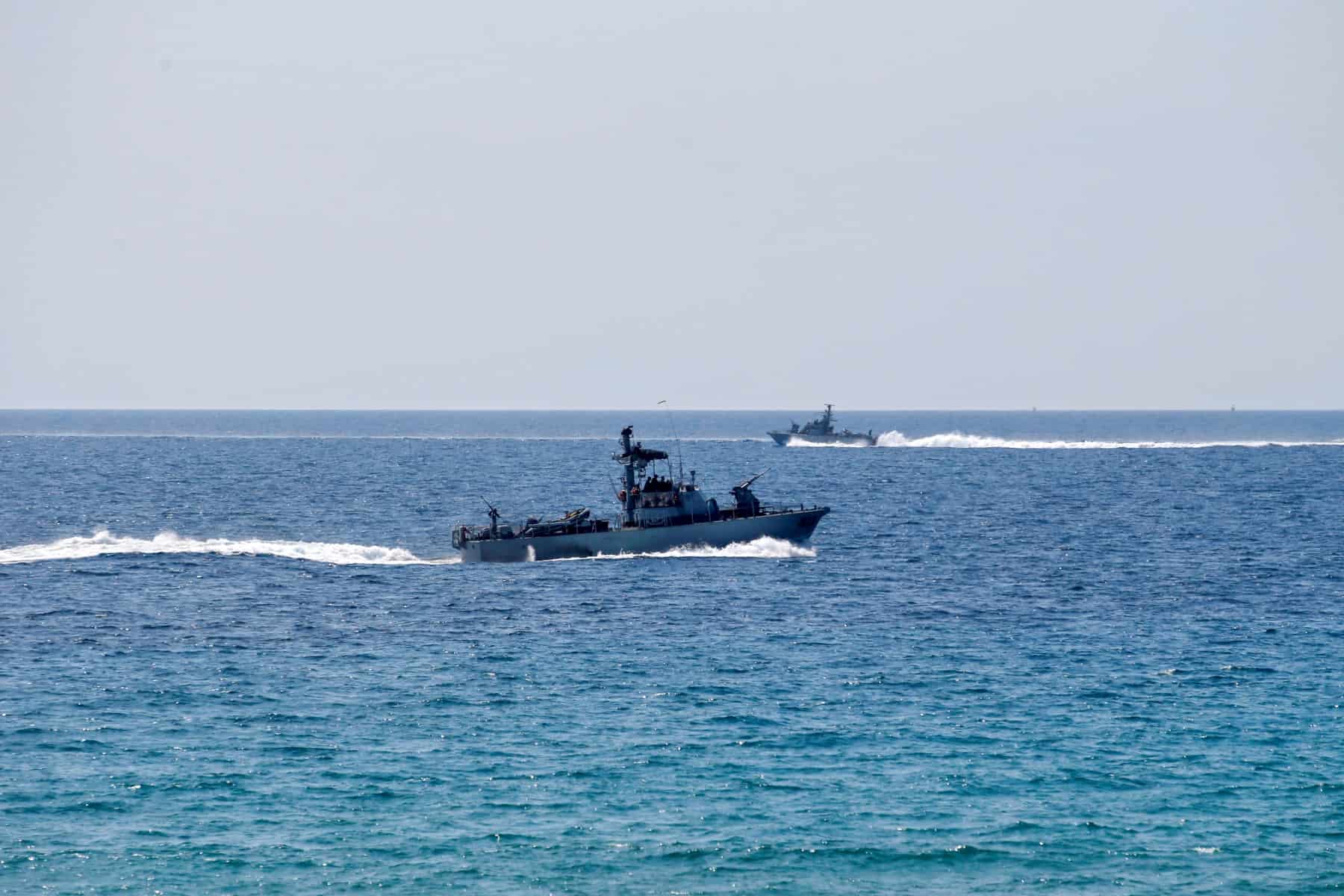US mediator Amos Hochstein on Friday noted progress in indirect talks between Lebanon and Israel over a maritime border dispute but said more work was needed for a final agreement.
The dispute which involves competing claims over offshore gas fields escalated in June after Israel moved a production vessel near the Karish offshore field, which is partly claimed by its northern neighbour.
Energean, the London-listed company licensed by Israel to extract gas from Karish, said on Thursday that gas would begin flowing within weeks, despite the disagreement.
“I really feel that were making progress these last few several weeks,” Hochstein said at Beirut airport after meetings with Lebanon’s president, prime minister and parliament speaker.
“I am hopeful with what I heard today and with what we discussed today but still more work needs to be done,” he told reporters at the end of his third visit to Lebanon since June.
Lebanon and Israel, whose border is UN-patrolled, have no diplomatic relations.
They had resumed maritime border negotiations in 2020 but the process was stalled by Beirut’s claim that the map used by the United Nations in the talks needed modifying.
Lebanon initially demanded 860 square kilometres (330 square miles) in the disputed maritime area but then asked for an additional 1,430 square kilometres, including part of the Karish field.
Israel claims the field lies in its waters and is not part of the disputed area subject to ongoing negotiations.
A Lebanese official in mid-June said Beirut had made a new offer to Hochstein, holding back on demands for territory where Israel planned to imminently extract gas.
Beirut was pushing for the country’s maritime border to exclude Karish and include the nearby “Sidon reservoir”, known as the Qana field, instead, the official told AFP at the time.
In a statement on Thursday, Energean said the “Karish project is on track to start production within weeks”.
The powerful Lebanese Shiite movement Hezbollah, which launched drones towards the Karish gas field in July, had threatened attacks if Israel proceeds with gas extraction in the disputed area.







